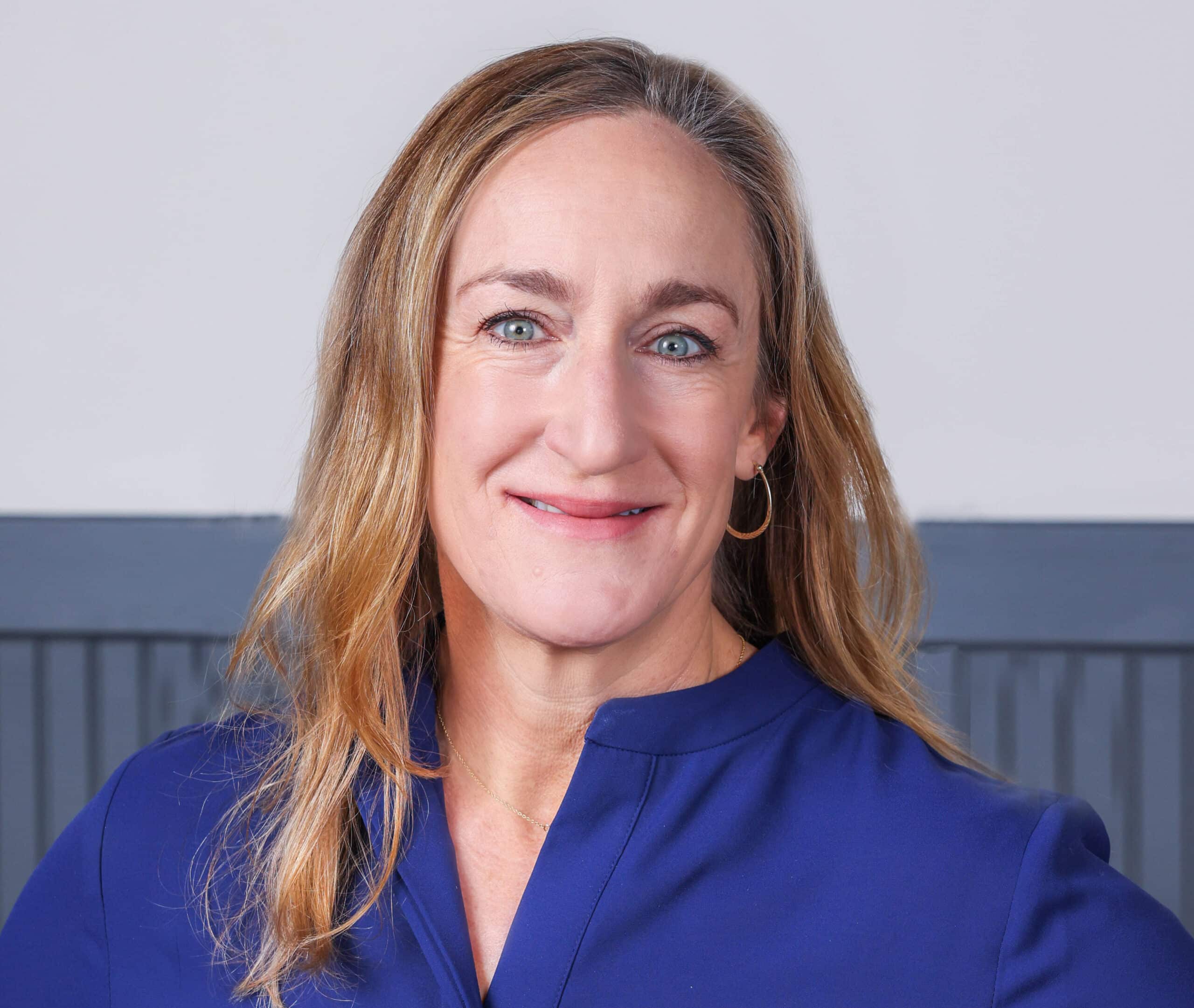Promoting “diversity of thought” is a common and seemingly innocuous approach to kicking off diversity and inclusion efforts within many companies. In practice, it can accidentally set off a culture war that you’ll struggle to contain. Here’s what you need to know to avoid this very common mistake.
Both of these things are true:
- Leadership teams that welcome diversity of thought can inspire cultures of innovation and inclusivity.
- Diversity of thought can become code for we aren’t actually going to do anything differently.
The details matter.
The situation
I’ve been involved in explicit diversity and inclusion efforts at companies and organizations over the last 10 years. The only consistent theme I’ve seen: an initial emphasis on diversity of thought.
This is understandable. When most executive teams look around the room, they don’t see much diversity of any kind. The first reaction of leaders, then, is to prove to themselves and each other that lack of diversity isn’t reflective of their own limitations. No one wants to see prejudice in themselves, their teams, or their operations. So they say, Diversity of Thought Is What Matters. They then go on to articulate in excruciating detail how they welcome, foster, and encourage diversity of thought.
It’s an excellent start. But it’s a lousy end point. And that’s the problem: In every effort in which I participate, most empowered teams initially want to stop there, with “diversity of thought.” The creative, resilient, and ultimately successful leaders — the gamechangers — are the ones who press forward.
Why “diversity of thought” is a lousy end point: Leaders in the “diversity of thought” phase will go to great pains to tell you why sexual orientation, gender, gender identity, disabilities, race, and ethnicity don’t matter to them. They’ll expound on their colorblindness and inability to see gender. They’ll talk about how they are creating a meritocracy, a culture that rewards individual effort, and how that’s what really matters. This is all code for the status quo. Creative, resilient, empowered, and empowering leaders do not tell themselves that maintaining the status quo is creating diverse, equitable, inclusive — and ultimately successful — businesses.
Why “diversity of thought” is an excellent starting point: The spirit behind this mindset can be harnessed to invoke an authentic leadership conversation, in which leaders ask: Who isn’t at this table? What points of views are not present? What perspectives do we not even recognize we are missing? In what ways would those perspectives add value to our strategy, recruiting, retention, customer service, and financial success? These conversations begin the true work of authentic, compelling, and innovative DEI work.
Why I’m calling this out: Every leader who has explained to me why “diversity of thought” matters has imagined themselves to be original, clever, compelling, and on the right side of history. While often “both of these things can be true,” in this case none of these things is true.
Game-changing leaders might unwittingly hear the siren song of “diversity of thought” and see a viable strategy. I don’t want any of you to crash into the rocks. Societal expectations of company leaders are changing, and your workforce is watching. Forty percent of our oil and gas workforce is Gen Z and millennials who have ambitious expectations for corporations to participate meaningfully in creating diverse, equitable, and inclusive cultures. Leaders that stop at “diversity of thought” are unwittingly alienating their best and brightest by signaling how little they intend to engage.
(Further, there’s a whole world of people who use “diversity of thought” as shorthand for leaders who “just don’t get it.” Now you know.)
Seize the day
Game-changing oil and gas leaders embark upon diversity, equity, and inclusion work for the long haul. This begins with a personal checklist:
- Assess your status quo and resistance to change. Be honest with yourself. None of us wants to give up our understanding of the world, face our own prejudices (we all have them), engage in uncomfortable conversations, and take stock of how little we actually understand about how the world is changing. But if you aren’t doing this self-assessment, those around you are coming to their own conclusions about your resilience, authenticity, and ability to lead in this moment.
- Do some homework. Read a couple of books about diversity, equity, and inclusion. Understand the demographics of your geographic area (not just your company peers). The burden is on each of us to embark upon this very personal evolution and educate ourselves.
- Test out some conversations. Get curious with people you trust (who don’t report to you!) about what this work really means to them. Be a student and a listener. Integrate their ideas and feedback into your diversity planning.
- The easy actions don’t count. Testing out your diversity of thought mindset with your like-minded compatriots doesn’t count! Of course you can find those who will agree with you, but you won’t be leading into the energy future together — you’ll be defending the status quo and the past. Get out of your silo and your comfort zone.
At Adamantine we have the honor of working with game-changing clients who are doing the slow, challenging, real work of culture change. We aren’t DEI specialists, but we are passionate practitioners.
Wishing you a route well off course from the status quo,
Tisha

